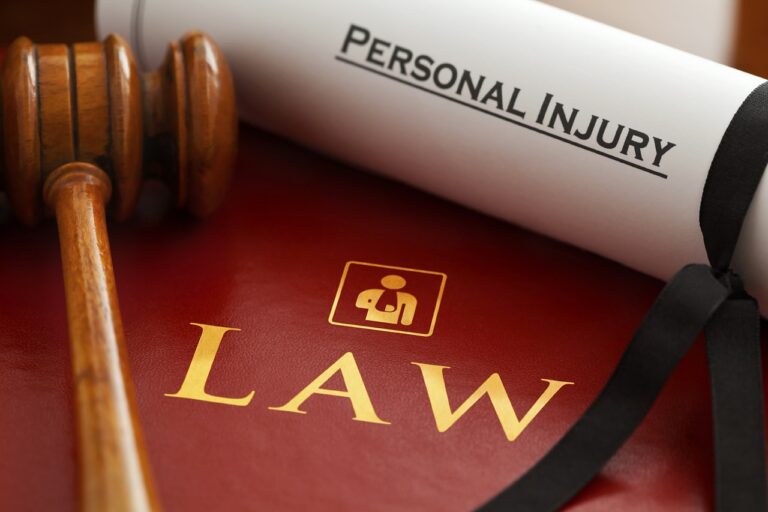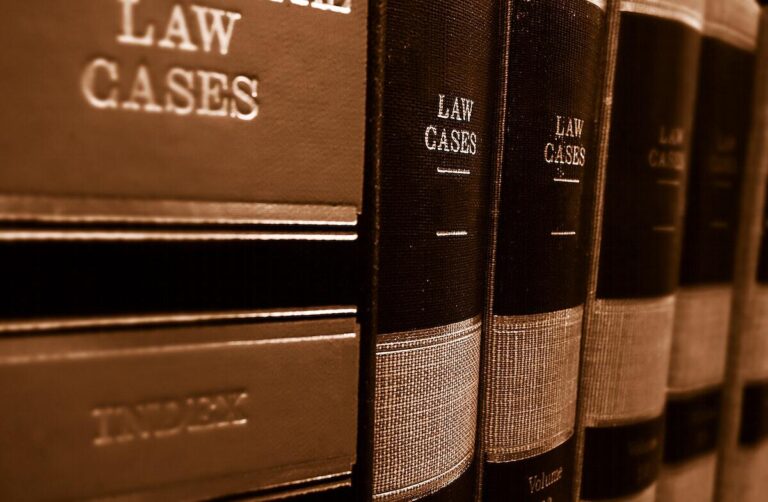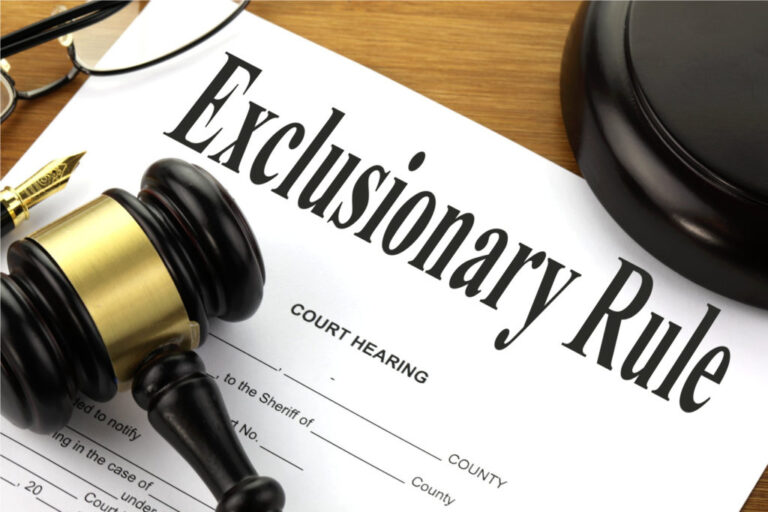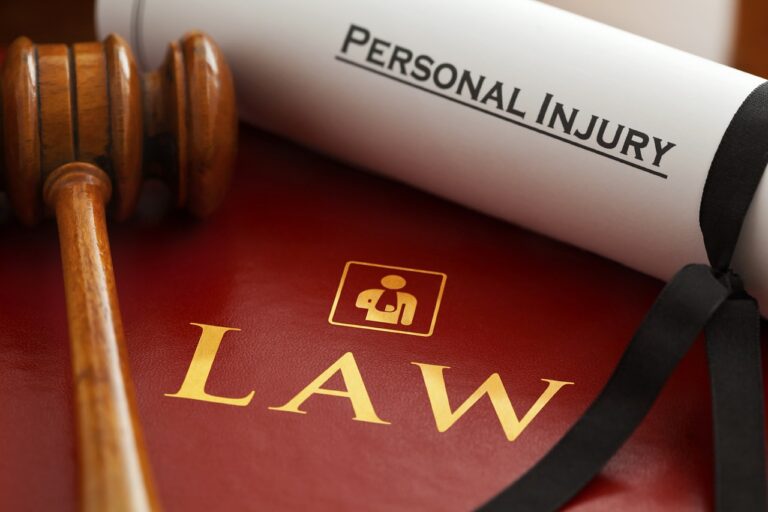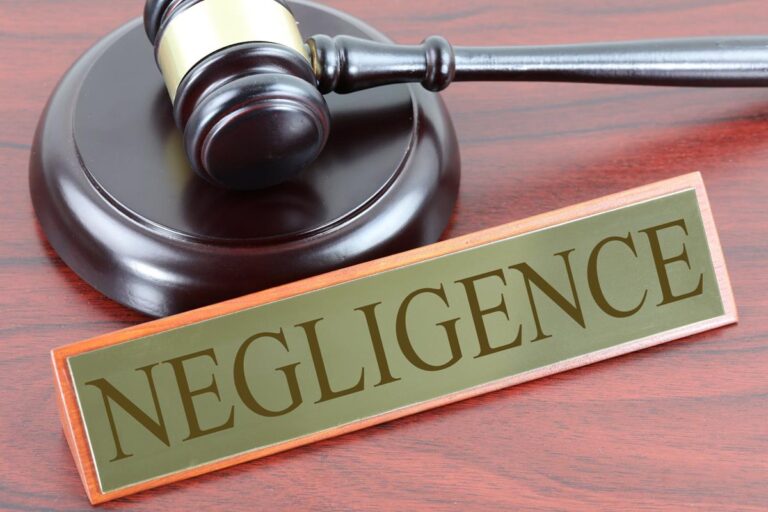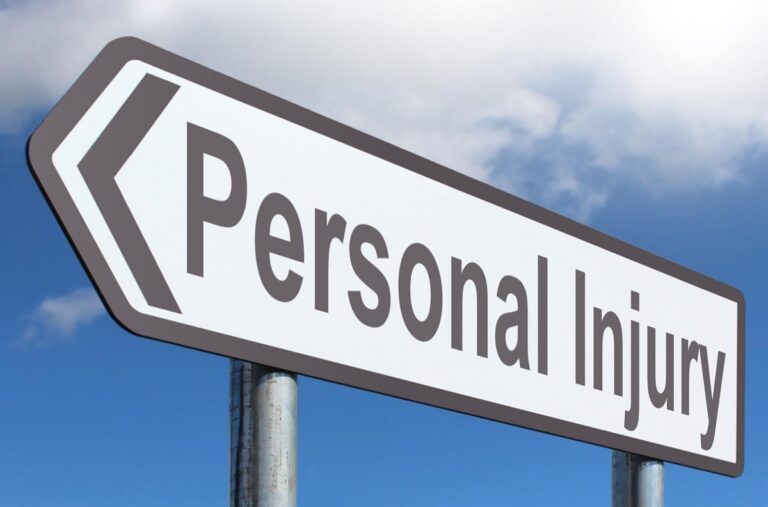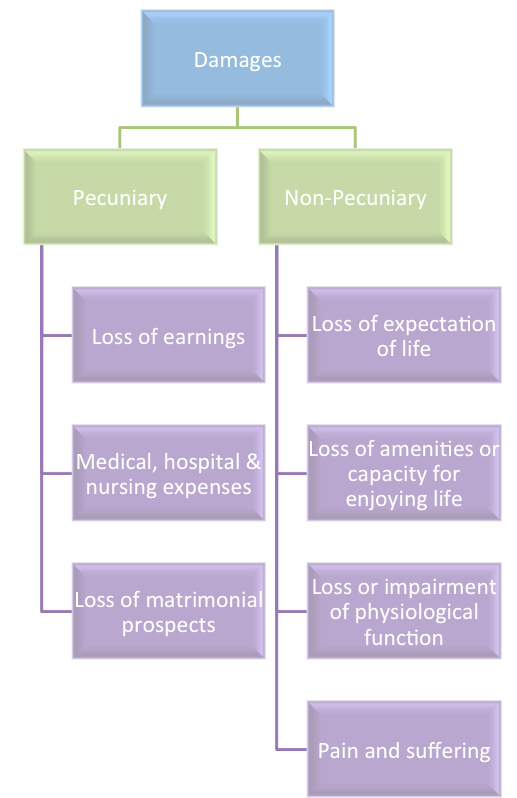Introduction
Definition of social media
Social media refers to online platforms and websites that allow users to create and share content, as well as engage in social networking. It encompasses various platforms such as Facebook, Twitter, Instagram, and LinkedIn, among others. These platforms have revolutionized the way people communicate and interact with each other, providing a space for individuals to express themselves, connect with others, and share their thoughts, opinions, and experiences. The widespread use of social media has had a significant impact on various aspects of society, including personal injury lawsuits.
Rise of social media platforms
The rise of social media platforms has had a significant impact on personal injury lawsuits. With the increasing popularity of platforms such as Facebook, Twitter, and Instagram, individuals are now more connected than ever before. This connectivity has led to a rise in the use of social media as evidence in personal injury cases. Lawyers and insurance companies are now turning to social media to gather information about the plaintiff’s activities, lifestyle, and overall well-being. In some cases, social media posts have been used to discredit the plaintiff’s claims and reduce the amount of compensation awarded. As a result, it is crucial for individuals involved in personal injury lawsuits to be cautious about what they post on social media and to be aware of the potential consequences it may have on their case.
Importance of social media in personal injury lawsuits
Social media has become an indispensable tool in personal injury lawsuits, revolutionizing the way evidence is gathered and presented. In today’s digital age, individuals share every aspect of their lives on platforms such as Facebook, Instagram, and Twitter. This wealth of personal information has proven to be a goldmine for lawyers and insurance companies involved in personal injury cases. By scouring social media profiles, attorneys can uncover valuable evidence that can make or break a lawsuit. From photos and videos depicting the accident or injury to posts and comments revealing the plaintiff’s activities and mental state, social media provides a window into the claimant’s life. Furthermore, social media posts can also be used to challenge the credibility of the opposing party or their witnesses. As a result, the importance of social media in personal injury lawsuits cannot be overstated, as it has the potential to greatly impact the outcome of a case.
Social Media Evidence in Personal Injury Lawsuits
Admissibility of social media posts as evidence
The admissibility of social media posts as evidence in personal injury lawsuits has become a significant issue in recent years. With the widespread use of platforms such as Facebook, Twitter, and Instagram, individuals often share personal information and experiences online, including details about their injuries and activities. As a result, these social media posts have the potential to be used as evidence in court proceedings. However, the admissibility of such posts is not without controversy, as questions arise regarding their authenticity, relevance, and privacy concerns. Courts must carefully evaluate the reliability and credibility of social media posts before determining their admissibility, taking into account factors such as the privacy settings of the account, the relationship between the post and the injury claim, and any potential motives for fabrication or exaggeration. Despite these challenges, social media posts can provide valuable insights and evidence in personal injury lawsuits, shedding light on the claimant’s activities, physical condition, and emotional state before and after the incident.
Impact of social media on credibility of plaintiffs
Social media has revolutionized the way we communicate and share information. In recent years, its impact on personal injury lawsuits has become increasingly significant. One area where social media has had a profound effect is on the credibility of plaintiffs. With the rise of platforms like Facebook, Twitter, and Instagram, it has become easier than ever for defendants and their legal teams to scrutinize the online activities of plaintiffs. Any inconsistencies or contradictions found on social media can be used to challenge the credibility of plaintiffs, potentially weakening their case. As a result, it is crucial for plaintiffs to be cautious about what they post on social media during the course of a personal injury lawsuit, as it can have a direct impact on their credibility and the outcome of their case.
Challenges in obtaining social media evidence
Obtaining social media evidence poses several challenges in personal injury lawsuits. One of the main challenges is the difficulty in accessing private social media accounts. Many users set their profiles to private, limiting the ability to view and collect relevant evidence. Additionally, the ever-changing nature of social media platforms makes it challenging to preserve and authenticate digital evidence. As social media platforms update their features and privacy settings, it becomes crucial for attorneys to stay updated and adapt their strategies accordingly. Furthermore, the sheer volume of social media content can be overwhelming, requiring attorneys to carefully sift through vast amounts of data to find relevant information. Despite these challenges, obtaining social media evidence is essential in personal injury lawsuits, as it can provide valuable insights into the plaintiff’s activities, lifestyle, and potential damages.
Privacy Concerns
Privacy settings and their impact on admissibility
Privacy settings on social media platforms have become a crucial aspect in personal injury lawsuits. In recent years, the admissibility of social media content as evidence has been heavily influenced by the privacy settings chosen by individuals. These settings determine the visibility of posts, photos, and other personal information, and can significantly impact the outcome of a case. When privacy settings are set to public, it becomes easier for opposing parties to access and use social media content against the injured party. On the other hand, stricter privacy settings may limit the admissibility of such content, as it may be deemed as private and not relevant to the case. Therefore, understanding and managing privacy settings on social media platforms is essential for individuals involved in personal injury lawsuits, as it can have a significant impact on the outcome of their case.
Legal considerations for accessing private social media accounts
In personal injury lawsuits, accessing private social media accounts has become a crucial legal consideration. With the widespread use of social media platforms, such as Facebook, Instagram, and Twitter, individuals often share personal information and activities online. These posts can potentially provide valuable evidence in personal injury cases, such as proof of physical abilities or emotional state. However, accessing private social media accounts raises ethical and legal concerns regarding privacy and the admissibility of evidence. Courts must carefully balance the need for relevant evidence with the right to privacy, ensuring that any information obtained from private social media accounts is obtained lawfully and is admissible in court. It is essential for both plaintiffs and defendants to be aware of the legal considerations surrounding the access and use of private social media accounts in personal injury lawsuits.
Ethical concerns regarding invasion of privacy
Ethical concerns regarding invasion of privacy arise when it comes to the impact of social media on personal injury lawsuits. With the widespread use of platforms like Facebook, Twitter, and Instagram, individuals often share personal information and updates about their daily lives. However, this can become problematic in the context of a lawsuit, as opposing parties may use this information to discredit the plaintiff’s claims or invade their privacy. This raises questions about the boundaries of privacy in the digital age and the ethical responsibility of individuals to protect their personal information online.
Social Media Investigations
Role of social media investigations in personal injury cases
Social media investigations play a crucial role in personal injury cases. With the increasing popularity of platforms like Facebook, Twitter, and Instagram, people are sharing more and more about their daily lives online. This wealth of information can be a goldmine for lawyers and investigators involved in personal injury lawsuits. By analyzing social media posts, photos, and videos, they can gather valuable evidence that can make or break a case. From proving the severity of injuries to establishing the defendant’s negligence, social media investigations have become an essential tool in the legal field. However, it is important for individuals involved in personal injury lawsuits to be cautious about their online activities, as anything they post can potentially be used against them in court. Overall, the role of social media investigations in personal injury cases cannot be underestimated, as they have the power to significantly impact the outcome of a lawsuit.
Methods used for social media investigations
In order to gather relevant evidence from social media platforms, various methods are employed for social media investigations in personal injury lawsuits. One common method is the use of social media monitoring tools, which allow investigators to track and analyze the online activities of individuals involved in the case. These tools can provide valuable insights into the behavior and actions of the parties, potentially uncovering crucial information that can support or refute claims. Additionally, investigators may employ manual searches and analysis of social media profiles, posts, and interactions to gather evidence. This involves reviewing public posts, comments, photos, and videos that may be relevant to the case. Furthermore, investigators may also seek assistance from experts in digital forensics to extract and analyze data from social media accounts. By utilizing these various methods, legal teams can effectively leverage social media as a source of evidence in personal injury lawsuits.
Importance of hiring professional investigators
The importance of hiring professional investigators in personal injury lawsuits cannot be overstated. With the rise of social media, it has become increasingly common for individuals to share personal information and experiences online. This can be both a blessing and a curse for those involved in personal injury cases. While social media can provide valuable evidence to support a claim, it can also be a minefield of misinformation and misleading content. Professional investigators have the knowledge and expertise to navigate this digital landscape and gather accurate and admissible evidence. They can identify relevant social media posts, track down witnesses, and uncover hidden information that may be crucial to the outcome of a case. By hiring professionals, individuals can ensure that their personal injury lawsuit is built on solid evidence and stands the best chance of success.
Case Studies
High-profile personal injury cases influenced by social media
Social media has had a significant impact on high-profile personal injury cases. With the rise of platforms such as Facebook, Twitter, and Instagram, information about these cases can spread rapidly and reach a wide audience. This increased visibility has the potential to influence public opinion and shape the outcome of these lawsuits. In some instances, social media posts and comments have been used as evidence in court, highlighting the importance of being cautious about what is shared online. As a result, the influence of social media on personal injury lawsuits cannot be underestimated, as it has the power to sway public perception and potentially impact the legal proceedings.
Examples of social media evidence impacting case outcomes
Social media evidence has become increasingly influential in personal injury lawsuits, often playing a significant role in determining case outcomes. Numerous examples highlight the impact of social media on these cases. For instance, in a recent personal injury lawsuit, a plaintiff claimed to have suffered severe physical injuries that limited their daily activities. However, the defendant presented social media posts showing the plaintiff engaging in physical activities that contradicted their claims. As a result, the court ruled in favor of the defendant, citing the social media evidence as a key factor in discrediting the plaintiff’s testimony. This case exemplifies how social media can directly impact case outcomes by providing valuable evidence that can either support or undermine a party’s claims.
Lessons learned from past cases
In analyzing the impact of social media on personal injury lawsuits, it is crucial to examine the lessons learned from past cases. These cases have demonstrated the significant role that social media can play in shaping the outcome of a personal injury claim. One important lesson is the need for individuals involved in personal injury lawsuits to be cautious about their online presence. The information shared on social media platforms can be used as evidence by opposing parties to undermine the credibility of the injured party or to challenge the severity of their injuries. Additionally, past cases have shown the importance of privacy settings on social media accounts. It is essential for individuals to be aware of their privacy settings and to regularly review and update them to ensure that their personal information is not accessible to the public. By learning from past cases, individuals can better navigate the impact of social media in personal injury lawsuits and protect their interests.
Future Implications
Emerging trends in social media and personal injury lawsuits
Emerging trends in social media and personal injury lawsuits have significantly transformed the landscape of legal proceedings. With the rise of social media platforms, individuals involved in personal injury lawsuits now have a new avenue to present evidence and gather information. Lawyers and insurance companies are increasingly using social media as a tool to investigate claims and gather evidence. Additionally, the proliferation of user-generated content on platforms like Facebook, Twitter, and Instagram has given rise to challenges in preserving and authenticating digital evidence. As a result, courts have had to adapt to these emerging trends by developing guidelines and protocols for the admission of social media evidence. The impact of social media on personal injury lawsuits is undeniable, as it has not only changed the way evidence is gathered and presented but also raised important ethical and privacy concerns that need to be addressed in the legal system.
Potential changes in legal procedures
Social media has had a significant impact on personal injury lawsuits, leading to potential changes in legal procedures. With the rise of platforms like Facebook, Twitter, and Instagram, individuals involved in personal injury cases are increasingly sharing information and photos related to their injuries online. This, in turn, has made it easier for opposing parties and insurance companies to access and use this information as evidence. As a result, legal professionals are now faced with the challenge of navigating the complexities of social media in personal injury cases. They must adapt their strategies to account for the potential impact of social media on the outcome of these lawsuits, ensuring that their clients’ rights are protected and that justice is served.
Importance of staying updated with social media developments
In today’s digital age, staying updated with social media developments is of utmost importance, especially in the context of personal injury lawsuits. Social media platforms have become a treasure trove of information that can have a significant impact on the outcome of a case. Lawyers and insurance companies are increasingly turning to social media to gather evidence, such as photos, videos, and posts, that can either support or refute a claim. Therefore, individuals involved in personal injury lawsuits need to be cautious about what they post on social media and should regularly monitor their online presence. Failing to do so can potentially harm their case and jeopardize their chances of receiving fair compensation. By staying updated with social media developments, individuals can better understand the potential risks and benefits associated with their online activities and make informed decisions to protect their legal rights.

